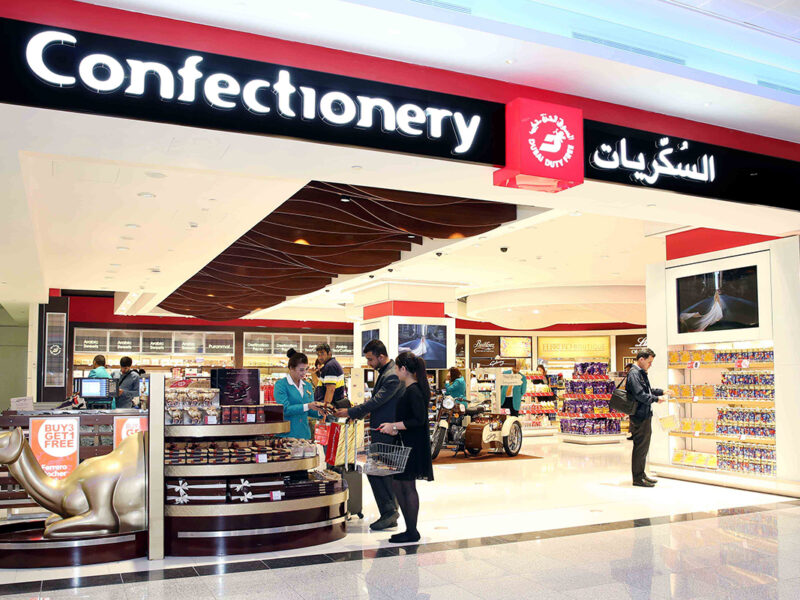Emirates, the world’s biggest long-haul airline, is holding out for assurances about the future of Airbus’ A380 programme before committing to an order for more of the double-decker aircraft.
While Airbus is pushing for a deal at November’s air show in Dubai, where the carrier is based, concern that the value of used A380s will plummet if the slow-selling model is canceled represents a major sticking point, together with the current list price, Emirates airline president Tim Clark said in an interview Thursday.
“I know they would like us to do something,” Clark said in London. “At the moment we are not at that state of readiness. We need copper-bottomed undertakings that they would do everything they needed to do to keep the programme going. We don’t want to be left with aircraft that have no value.”
Airbus announced in July that it will slash A380 production to eight jets a year in 2019, down from 15 this year and 28 in 2016, casting doubt over the model’s future. That plan won’t change even if the Toulouse, France-based aircraft manufacturer gets another purchase contract before the end of this year, unless the number of planes bought was unexpectedly high, CEO Tom Enders said at the time.
Emirates is already the No. 1 superjumbo buyer, with 97 A380s in operation out of firm orders and commitments for more than 140 planes.
Enhanced Version
Airbus offered an enhanced version of the A380 in June featuring fuel-saving winglets, which combined with an already-announced layout revision accommodating 80 more people would shave 13 percent from costs per seat.
Emirates is exploring the upgrade with a view to buying 20 more planes, though Clark – who originally campaigned for a more significant upgrade featuring new engines – has said he doesn’t need the extra capacity.
Emirates also needs to consider how to deal with its oldest 25 A380s, which are due to be replaced by the last 25 planes of its existing order. It’s possible that the original airliners, some of which the carrier owns, may be retained to augment capacity, Clark said.
Airbus was already planning to slow A380 production to one aircraft a month as of May 2018. The reductions outlined in July mean that the company is no longer breaking even on a per-plane basis. Airbus gave up long ago on recouping the programme’s 25 billion euros ($30 billion) in development costs.
Clark, who spoke at the 2017 Aviation Festival, said that Emirates plans to reverse reductions in US capacity over the next six to nine months.
The airline cut flights earlier this year following a slump in demand linked to curbs that US President Donald Trump’s administration imposed in response to concerns about terror threats and security standards at Middle Eastern airports.
Emirates aims to restore twice-daily flights to Boston, Los Angeles and Seattle and a daily service to Fort Lauderdale, Florida, Clark said.
The carrier has scaled back capacity through the early retirement of more than 60 aircraft, the executive said, with others used to increase offerings to destinations including the African cities of Lagos, Abuja and Luanda.









